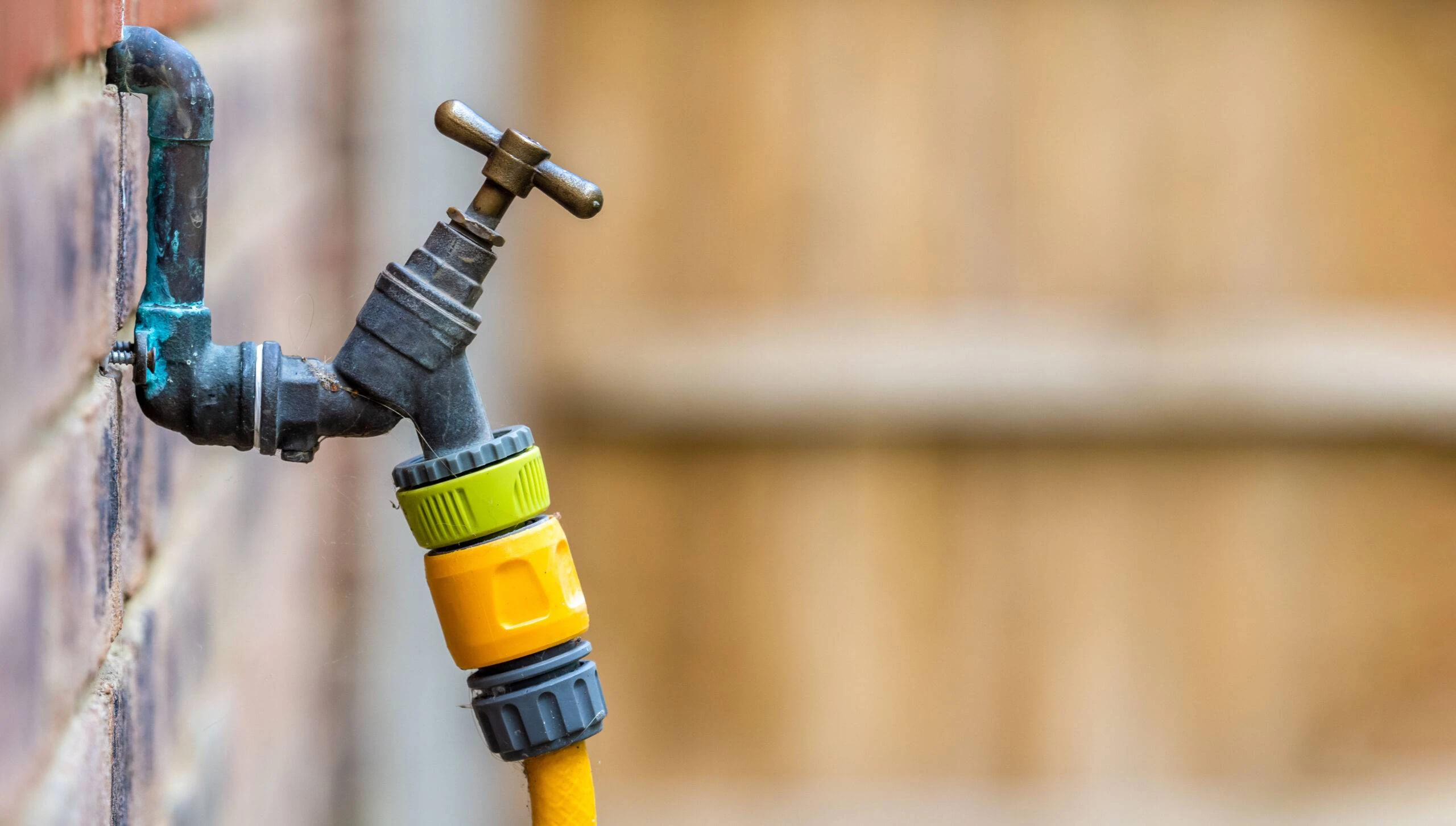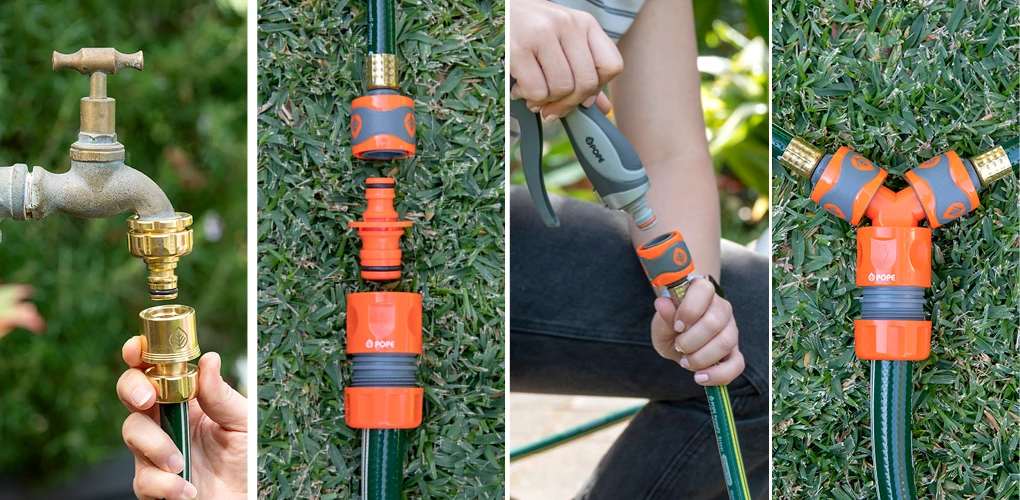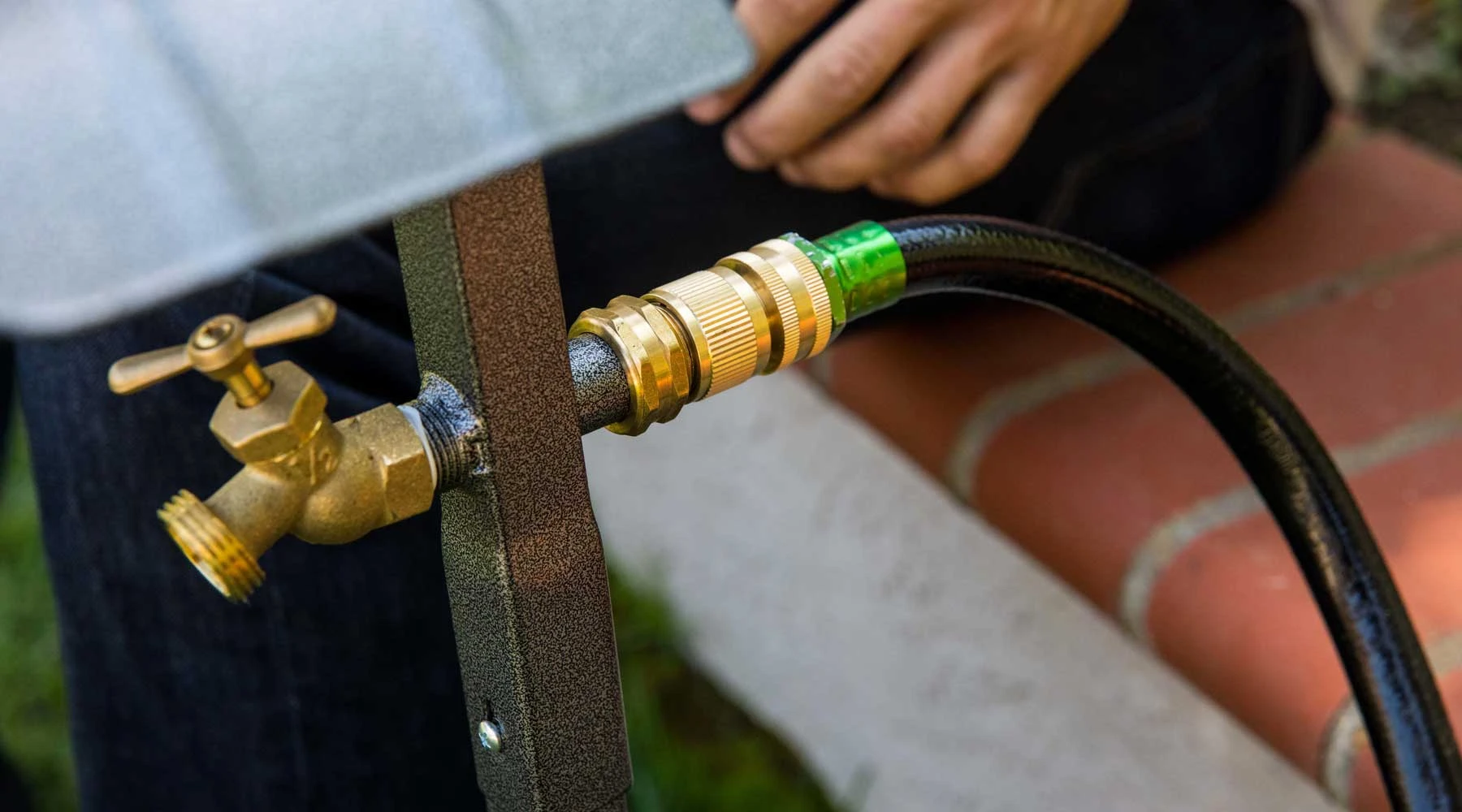Maintaining a beautiful yard requires more than just a green thumb; it demands the right tools, and a high-quality garden hose is essential. In 2024, the market offers a range of garden hoses designed to meet various needs, from small urban gardens to expansive country lawns. This guide will help you navigate the best garden hoses available this year, ensuring that your watering needs are met with efficiency and ease.

Types of Garden Hoses
Understanding the different types of garden hoses can help you choose the best one for your yard.
- Vinyl Hoses: Lightweight and affordable, vinyl hoses are a popular choice for casual gardeners. However, they may not be as durable as other types and can kink easily.
- Rubber Hoses: Known for their durability and resistance to wear and tear, rubber hoses are ideal for heavy-duty use. They handle high water pressure well and are more flexible than vinyl.
- Reinforced Hoses: These hoses are reinforced with mesh or other materials to prevent kinking and bursting. They offer a good balance of durability and flexibility.
- Expandable Hoses: Made from a flexible inner tube and a fabric outer layer, expandable hoses are lightweight and easy to store. They expand when filled with water and contract when empty.
Factors to Consider When Choosing a Garden Hose
When selecting a garden hose, consider these factors to ensure you get the right fit for your needs:
- Hose Length and Diameter: Choose a length that suits your yard size. Longer hoses can reach further but may be heavier. Diameter affects water flow; larger diameters allow more water to pass through.
- Flexibility and Kinking: Look for hoses that are flexible and resistant to kinking. Hoses that kink can restrict water flow and be frustrating to use.
- Durability and Material: Consider the material and construction of the hose. Rubber and reinforced hoses tend to be more durable, while vinyl hoses may need to be replaced sooner.
- Hose Fittings and Connectors: Quality fittings and connectors are crucial for preventing leaks and ensuring a secure connection to your faucet and nozzle.
- Temperature Resistance: Ensure the hose can handle the climate in your area. Some hoses are designed to resist freezing temperatures, while others are more suited to hot conditions.

Top Garden Hoses for Small Yards
1. Hose Model A
Features: This compact hose is ideal for small gardens, offering a 25-foot length with a 5/8-inch diameter. It’s made from durable vinyl with a kink-resistant design.
Pros and Cons:
- Pros: Lightweight, easy to maneuver, affordable.
- Cons: Limited length, may not handle high water pressure well.
2. Hose Model B
Features: A 50-foot hose with a reinforced construction, this model provides a good balance of length and durability. It features a flexible design and brass fittings.
Pros and Cons:
- Pros: Durable, kink-resistant, good length for small to medium gardens.
- Cons: Slightly heavier, more expensive than basic vinyl hoses.
Top Garden Hoses for Medium Yards
1. Hose Model C
Features: This 75-foot hose is designed for medium-sized gardens. It features a rubber construction with a high burst strength and UV resistance.
Pros and Cons:
- Pros: Durable, flexible, handles high pressure well.
- Cons: Higher price, heavier than vinyl hoses.
2. Hose Model D
Features: Offering a 100-foot length, this hose is reinforced with mesh for added strength. It includes ergonomic connectors and is resistant to kinking.
Pros and Cons:
- Pros: Long length, excellent durability, kink-resistant.
- Cons: Bulkier, may require more storage space.
Top Garden Hoses for Large Yards
1. Hose Model E
Features: This hose extends up to 150 feet and is constructed from heavy-duty rubber. It includes a high-pressure rating and is resistant to extreme temperatures.

Pros and Cons:
- Pros: Extensive coverage, highly durable, excellent for large lawns.
- Cons: Expensive, quite heavy.
2. Hose Model F
Features: A 200-foot expandable hose designed for large gardens. It expands to provide full coverage and contracts for easy storage. It also features a tangle-free design.
Pros and Cons:
- Pros: Lightweight, easy to store, expands to cover large areas.
- Cons: Less durable than rubber hoses, may be less effective under very high pressure.
Advanced Features to Look For
When shopping for a garden hose, consider these advanced features for added convenience and efficiency:
- Nozzle Compatibility: Ensure your hose is compatible with various nozzles and attachments to customize your watering needs.
- Hose Reels and Storage: A hose reel can help keep your hose organized and prevent tangling. Some models include built-in reels for easy storage.
- UV and Weather Resistance: Choose hoses with UV protection and weather resistance if you live in an area with extreme temperatures.
- Lightweight Design: For ease of use and storage, opt for lightweight hoses that are easier to maneuver and handle.
How to Maintain Your Garden Hose
Proper maintenance will extend the life of your garden hose:
- Regular Cleaning: Rinse the hose after each use to remove debris and prevent mold growth.
- Proper Storage: Store the hose in a cool, dry place. Avoid leaving it in direct sunlight or exposed to freezing temperatures.
- Troubleshooting Common Issues: If you notice leaks or kinks, check the fittings and hose for damage and make necessary repairs or replacements.
Conclusion
Choosing the right garden hose is crucial for efficient and hassle-free yard maintenance. Whether you have a small garden or a large lawn, the models reviewed here offer a range of options to suit various needs. By considering factors like length, material, and advanced features, you can find the perfect hose to keep your garden thriving throughout the year.
FAQs
- What is the best garden hose for high water pressure? For high water pressure, rubber hoses or reinforced hoses with high burst strength are ideal, such as Hose Model E.
- Can garden hoses be used in freezing temperatures? Some hoses are designed to resist freezing temperatures. Look for hoses with winter-grade materials or those specifically labeled as freeze-resistant.
- How do I prevent my garden hose from kinking? Choose a hose with a kink-resistant design and ensure it is properly stored and handled to minimize kinking.
- Are expandable hoses as durable as traditional hoses? Expandable hoses are lightweight and convenient but may not be as durable as traditional rubber or reinforced hoses, especially under high pressure.
- What is the average lifespan of a garden hose? The lifespan of a garden hose varies depending on the material and usage, but with proper care, a good-quality hose can last between 3 to 7 years.